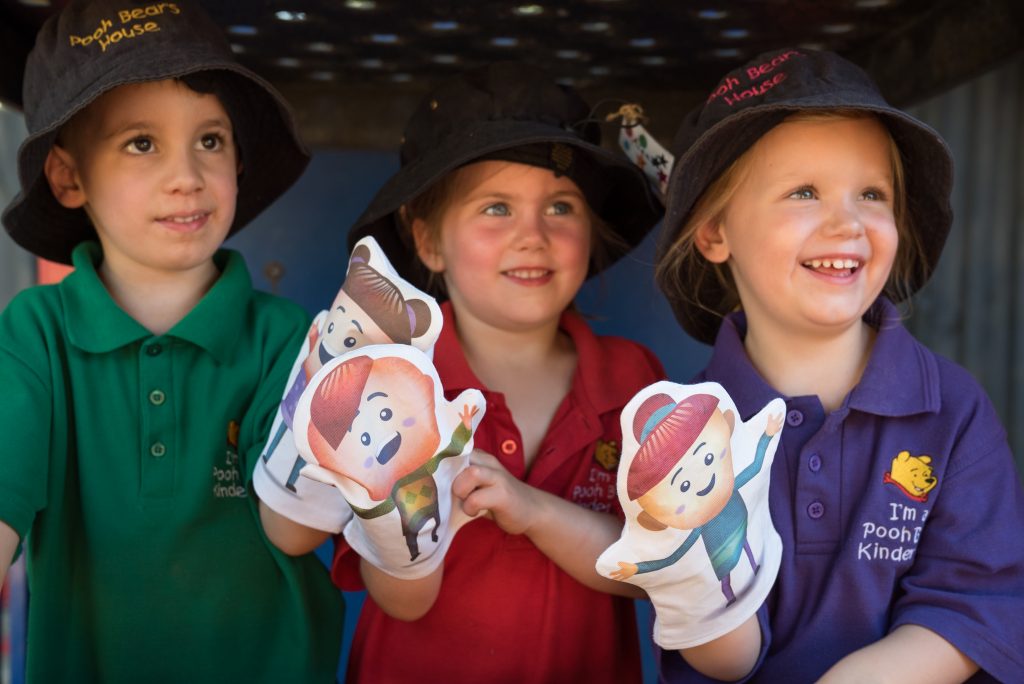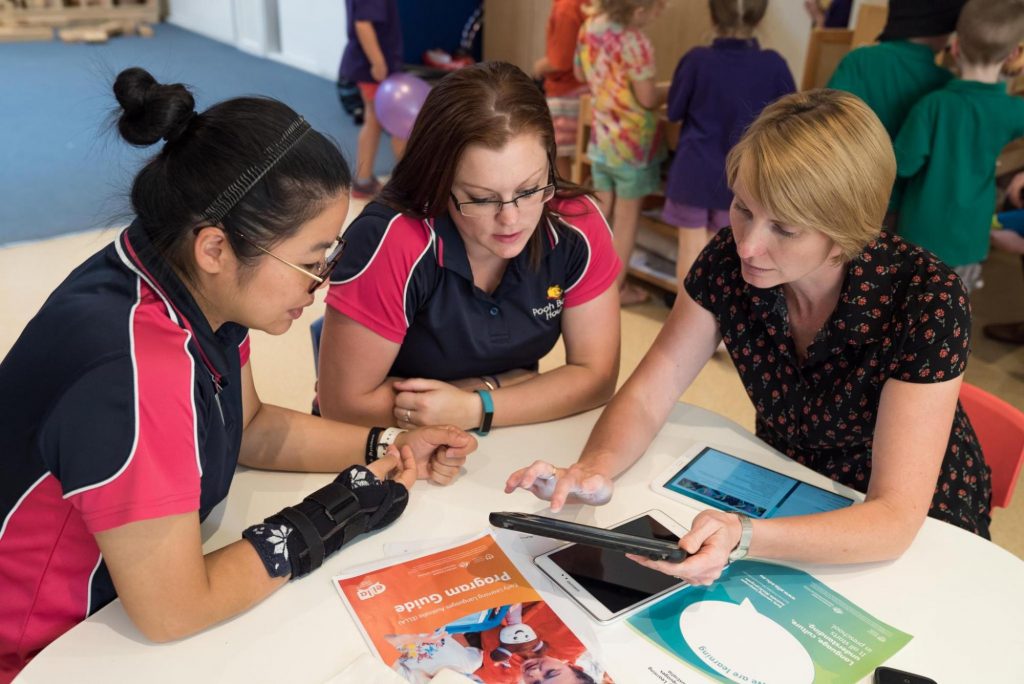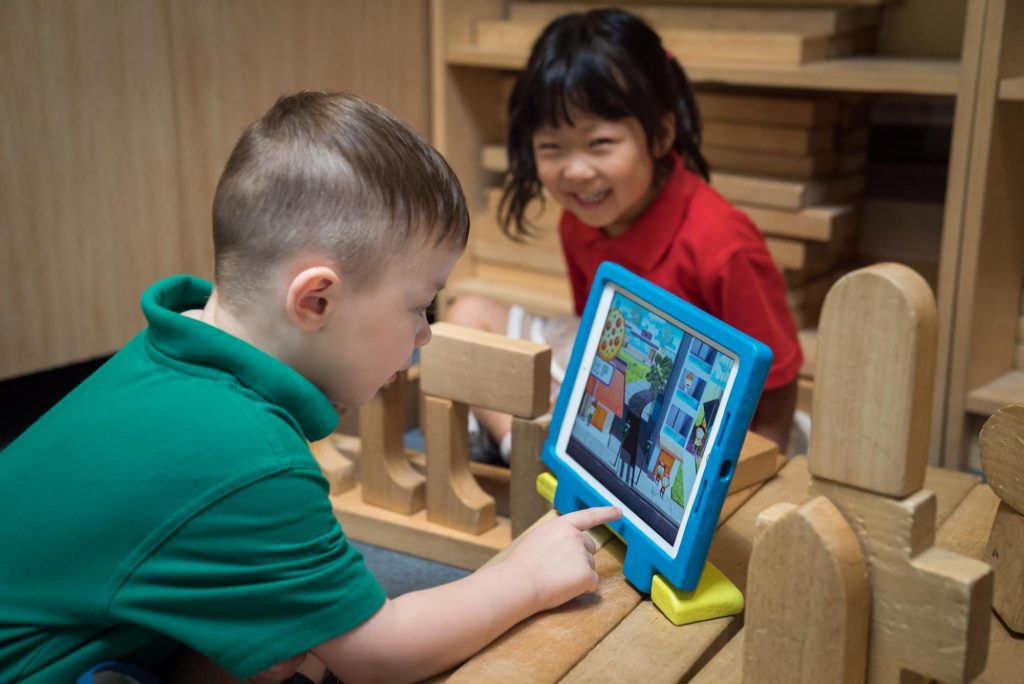Services
Understanding Children
ELLA – the early learning language tool supporting services to embed lifelong learning

Freya Lucas
Jan 19, 2021
Save
Culture is one of the cornerstones of identity. Children arrive at early childhood education and care (ECEC) services with a home life and story which is often rich in culture and tradition.
In fact, cultural identity is such an integral part of children’s lives that the Early Years Learning Framework (EYLF) opens with the following words;From before birth children are connected to family, community, culture and place. Their earliest development and learning takes place through these relationships, particularly within families, who are children’s first and most influential educators. As children participate in everyday life, they develop interests and construct their own identities and understandings of the world.
Despite the importance of culture in the lives of children, some education and care settings struggle with how to meaningfully connect children with cultures other than their own, particularly in services where one cultural group is dominant.
Embedding culture and language within an ECEC context in a way which is not only meaningful, but which also inspires children to develop a genuine interest in other languages and cultures can be a challenge. Making this accessible in a way which reflects the ethos of the EYLF and embraces play based learning can be more challenging still.
It is from this premise that the Early Learning Languages Australia (ELLA) program was born.
An Australian Government initiative which uses fun and engaging activities to introduce languages and culture to children using a digital platform, ELLA offers eligible preschool services the opportunity to introduce one of 13 languages; Arabic, Chinese (Mandarin), French, German, Hindi, Indonesian, Italian, Japanese, Korean, Modern Greek, Spanish, Turkish and Vietnamese.
 By aligning the 13 languages available in the ELLA platform with the Australian Curriculum, ECEC services are positioned to support children to have a smooth transition to school with foundational skills in a language which they can continue to study throughout their academic life.
By aligning the 13 languages available in the ELLA platform with the Australian Curriculum, ECEC services are positioned to support children to have a smooth transition to school with foundational skills in a language which they can continue to study throughout their academic life. How does ELLA work?
The journey to learning a new language with ELLA takes place through seven apps, which have been developed in conjunction with not only language experts, but also early childhood professionals. It’s this unique combination which ensures the apps are not only fun to use, but that they also deliver on learning outcomes while optimising the chances of being a successful learner in a new language. Each app focuses on a different topic, using characters called the Polyglots. Each Polyglot adventure builds on the last, with app one, The Polyglots in the Playroom, introducing children to the characters and helping children to learn how to share greetings, likes and dislikes and make introductions in a new language.
As the children move through the apps, and with the help of the Polyglots, they learn more about how to use the chosen language to talk about colours, animals, food, body parts and place names, and much more.
Who can participate?
Over 4,000 preschools have participated in the ELLA program since the program was first trialled in 2015.
Services from across Australia have enjoyed the benefits of the program not only for children, but also for educators, who are supported with access to a number of resources including a dedicated ELLA helpdesk, website, webinars, information on the chosen language and culture, and monthly newsletters.

To be eligible for ELLA, which is offered free of charge, a preschool, kindergarten or childcare centre which is approved to operate by the relevant regulatory authority must also meet the following criteria:
- Offer a preschool/kindergarten program that is provided primarily to children in the year before full-time school;
- The preschool program must be delivered by a degree-qualified early childhood teacher (as per ACECQA);
- The preschool must have an active internet and WiFi connection for the duration of participation in the ELLA program;
- The preschool must meet all costs associated with the internet and WiFi connection, and provide their own tablet devices.
ELLA Success stories
Educators who have engaged with ELLA over the past six years describe the experience as one which “engages the children from day one.”
One service, who chose to learn French with the children, spoke about children using French words for colours during painting experiences, and using the French words for body parts during dramatic play.
 As well as supporting the children within the service, participating in ELLA has had community outreach successes also, with children communicating with those in the broader community in their home languages, fostering a sense of connection to community, and building relationships.
As well as supporting the children within the service, participating in ELLA has had community outreach successes also, with children communicating with those in the broader community in their home languages, fostering a sense of connection to community, and building relationships.While children may not be learning a language which directly relates to their family circumstance and background, educators have found that by focusing on the beauty and interest of having a language other than English, children from a variety of backgrounds are showing more interest in their own culture and the culture of others, bringing in information from home, and hosting discussion with their peers about their culture and heritage.
“We regularly hear children singing songs from the apps such as the heads-shoulders song, colours, the greetings – they say the fruit names and when using the apps you can hear them repeating the names. Parents say they hear them at home using the language,” an educator shared.
To learn more about the ELLA program, or to express an interest in joining, please visit the ELLA website.
Don’t miss a thing
Related Articles



















